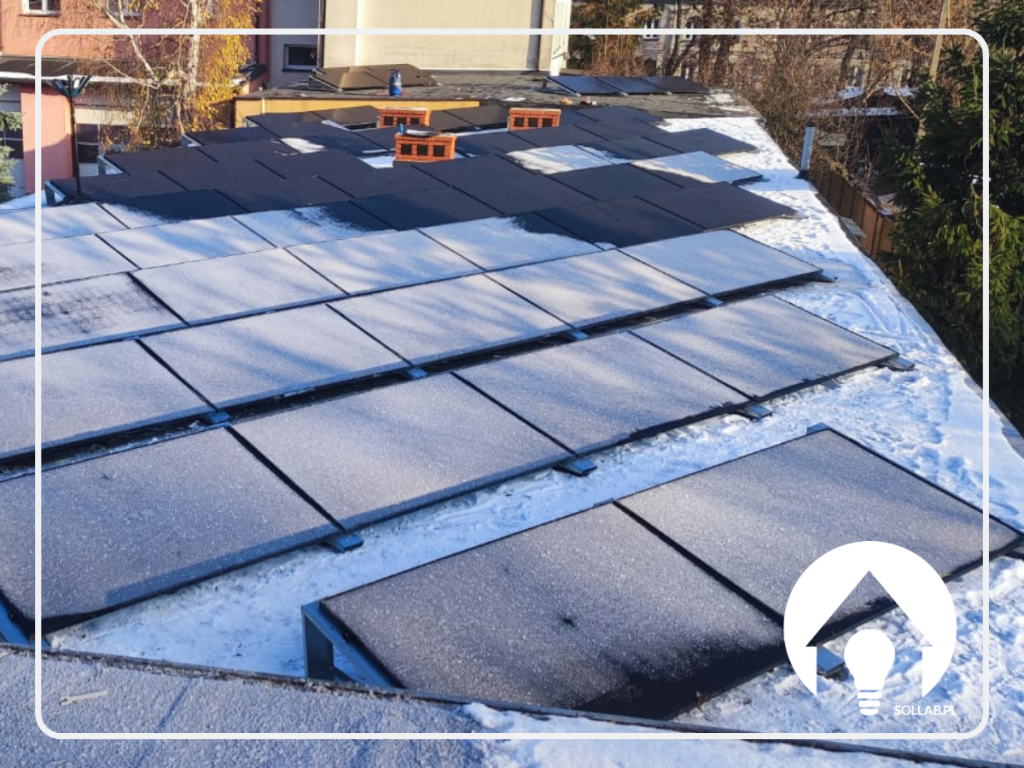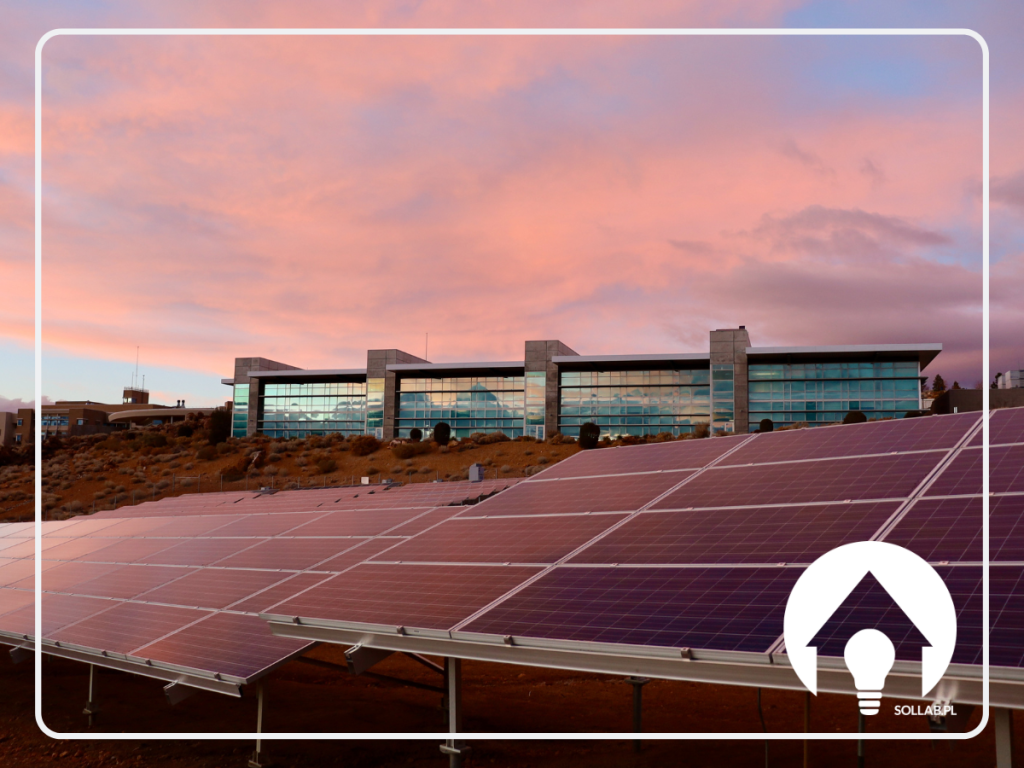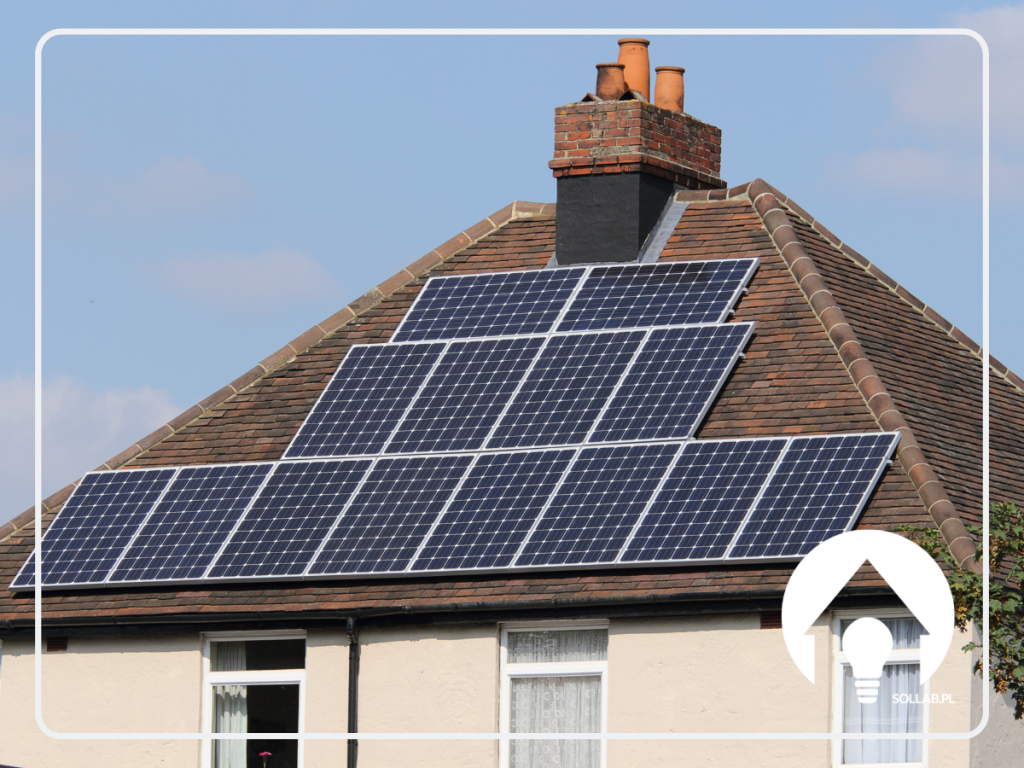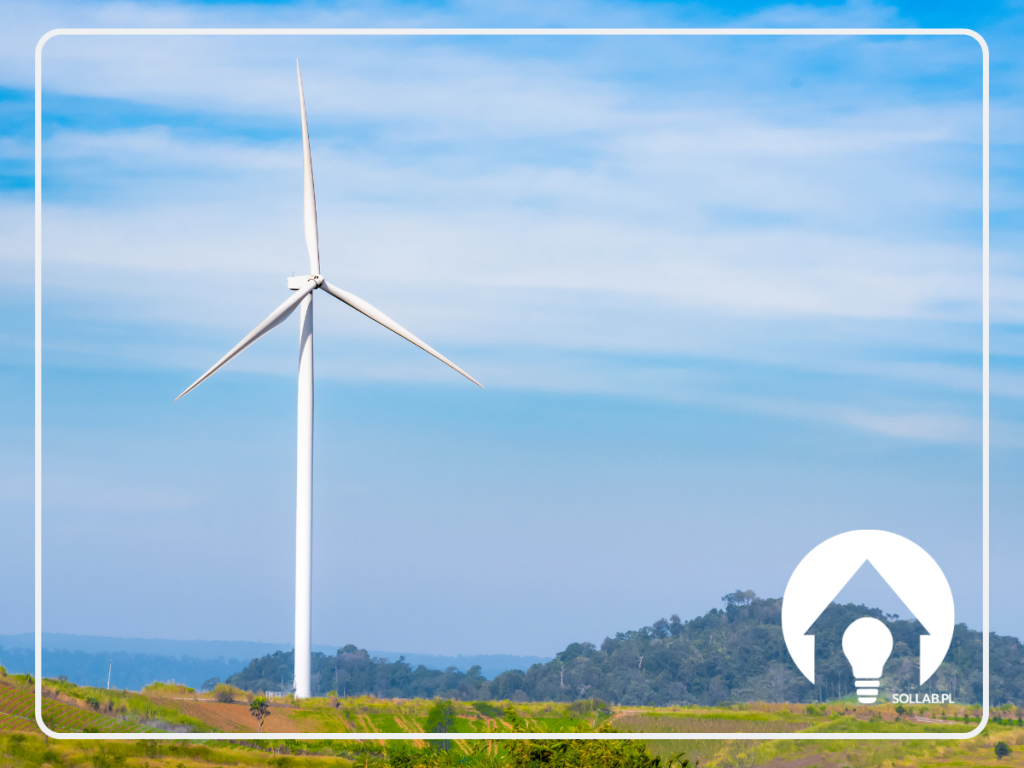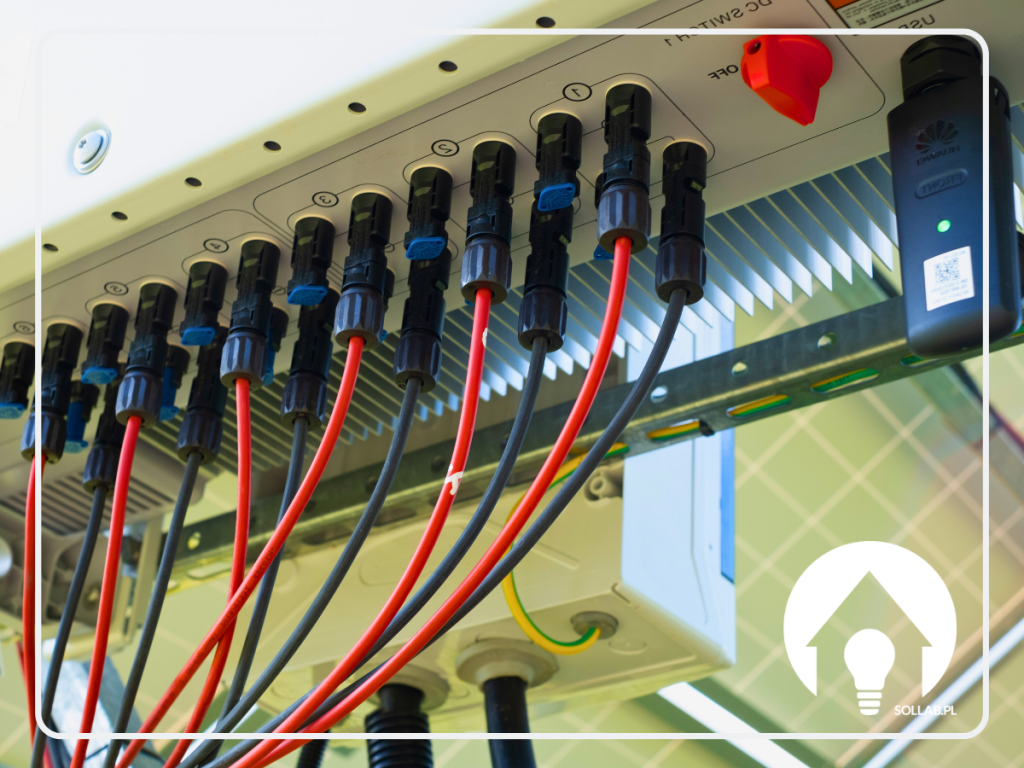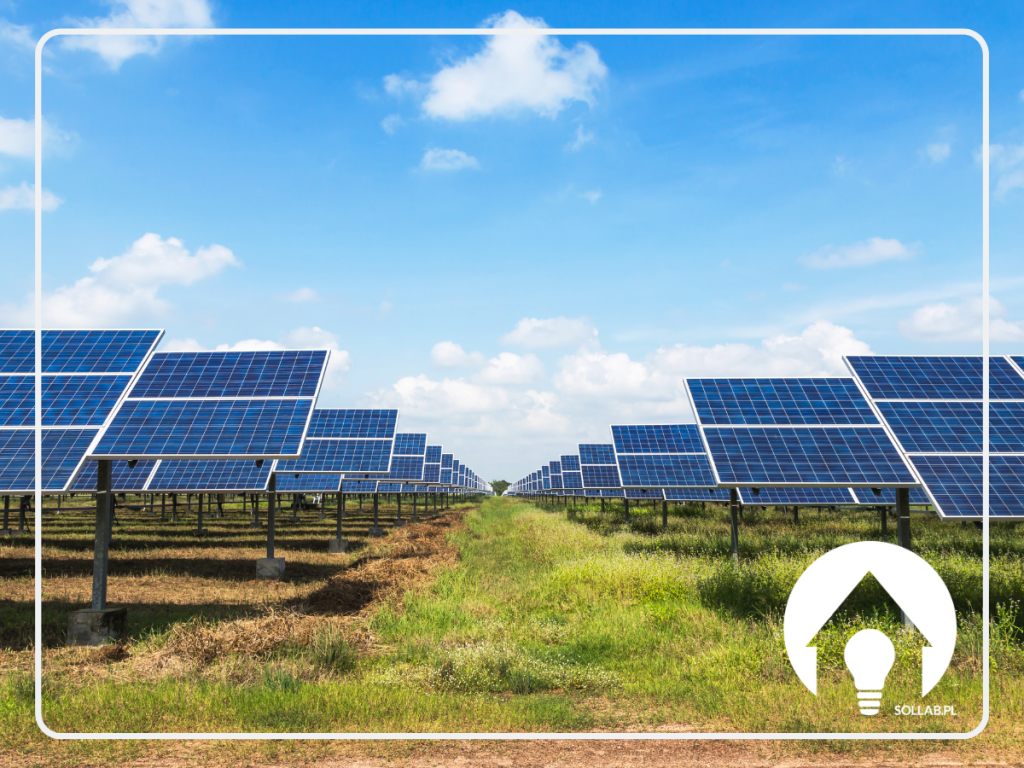Heat pump compressor
The compressor in heat pumps plays a key role. Heat extracted from the air, ground or water is accumulated and can be used to heat our building. The compressor is the most important element which is responsible for the proper functioning of a building's heating system. The compressor in heat pumps is largely responsible for the efficiency of the heat pump.
The compressor is one of the components in a heat pump that is responsible for circulating the refrigerant through the system. It is one of the main devices that every heat pump has.
How does the compressor in a heat pump work?
The compressor in a heat pump works by compressing a refrigerant that transfers heat from one place to another. This process follows the principles of thermodynamics; energy cannot be destroyed, but only transformed from one form to another.
In simple terms, the compressor works as follows:
- Refrigerant intake: The compressor draws the low-temperature refrigerant from the heat pump's indoor unit.
- Compressing the refrigerant: Inside the compressor, the refrigerant is compressed, which increases the pressure and temperature. In this way, the compressor provides energy to the system, which is used to heat water or air in the building.
- Heat dissipation: The high-temperature refrigerant leaves the compressor and flows through a heat exchanger, where it gives up heat to the environment (e.g. air or water).
- Return to the indoor unit: The refrigerant is returned to the heat pump's indoor unit, where it is cooled and ready to cycle again.
It is important that the compressor is sized according to the heat pump requirements and capacity to ensure efficient and reliable operation.
Types of compressors in a heat pump
Compressors in heat pumps can be divided into 2 types:
- ON/OFF compressors
- inverter compressors
There are two main types of compressor in heat pumps, which differ in their construction and the technology used, these are ON/OFF and inverter compressors. ON/OFF compressors switch on and off according to the ambient temperature and heat demand in the building. Inverter compressors are more technologically advanced. Allows infinitely variable operation while maintaining high efficiency.
What kind of compressors are in heat pumps?
In addition, we can distinguish between scroll, reciprocating and rotary compressors.
- Reciprocating compressor - the reciprocating compressor is not often used due to low efficiency, uneven operation and increased vibration levels
- Scroll compressor - is characterised by high efficiency and stable operation. Due to its high efficiency, the scroll compressor is most often used for large heat pumps. The high efficiency of a scroll compressor heat pump ensures high flow temperature stability, which can be higher than standard flow temperatures in heat pump-based systems.
- Rotary compressor - Rotary compressor comes in many varietiesboth the simplest ON/OFF, as well as inverter compressors, which allow infinitely variable capacity operation. Simple rotary compressors with a single operating piston are most commonly used in ON/OFF systems. In contrast Double piston inverter type rotary compressors are considered to be more efficient. The second piston in this type of heat pump compressor stabilises the unit and the inverter is responsible for the steady supply of energy.
What type of compressor is best?
There is no clear-cut answer to the question, as choosing the right type depends on many factors, such as the type of heat pump, the application, the user's requirements, the cost of purchase and operation, etc. Each type of compressor has its own advantages and disadvantages, and choosing the right one depends on individual needs and preferences.
Piston compressors are simpler and cheaper to manufacture, but tend to generate more noise and vibration. Scroll compressors are quieter and more efficient, but more costly to manufacture and repair. Inverter compressors are more technologically advanced and allow better control of energy consumption, but are also more expensive to purchase.
It is important that the choice of compressor is carefully considered and based on the specification of the heat pump, as well as the available options on the market. It is advisable to consult an experienced heating systems specialist.
